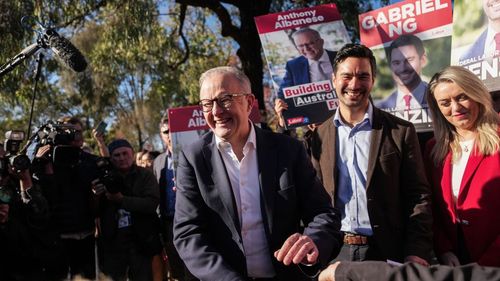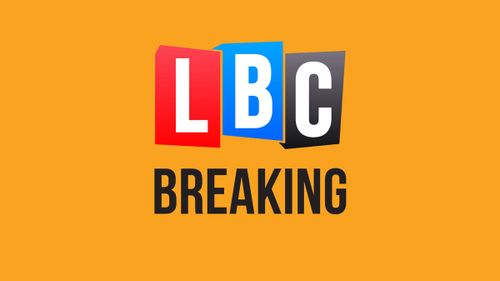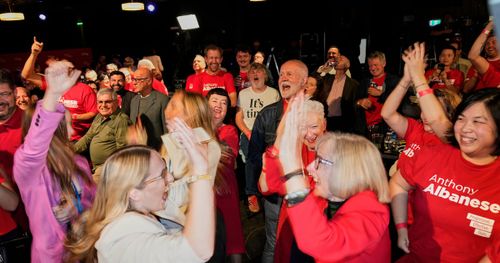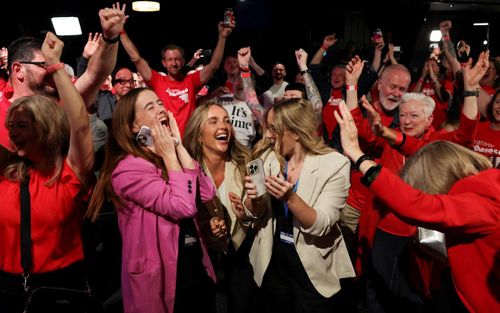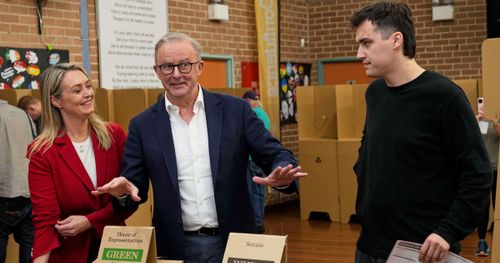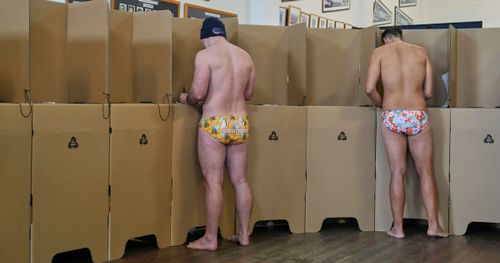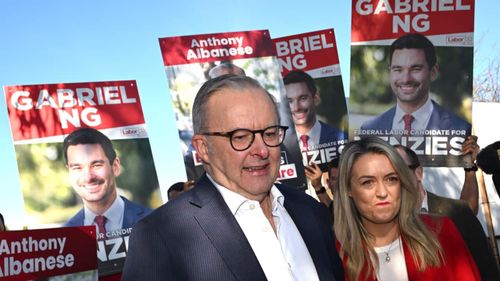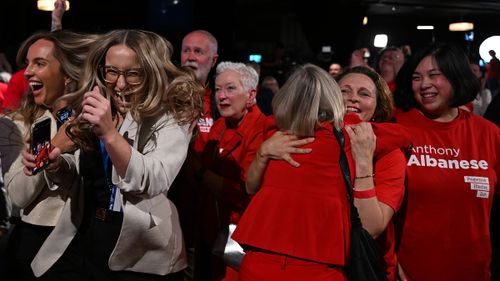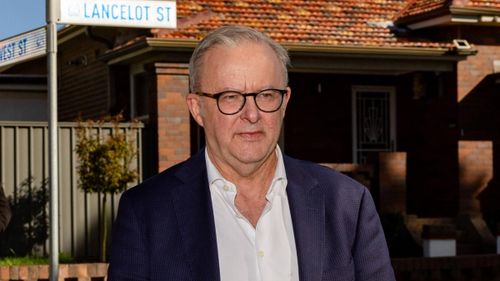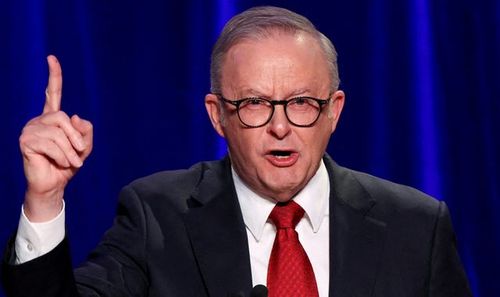Early vote count favors Australia’s government being reelected for a second term
MELBOURNE, Australia (AP) - Early vote counting in Australia's general election Saturday suggested the governm...
MIDDLE
28m ago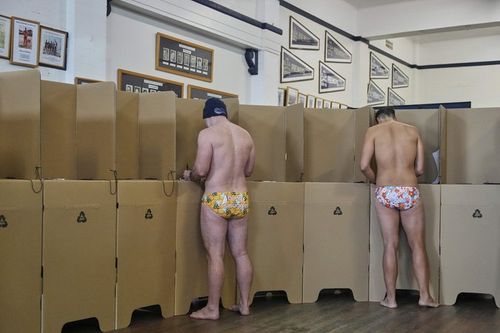
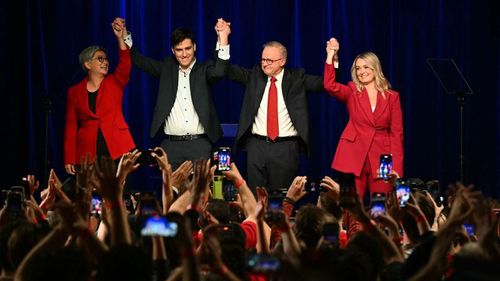
Australia’s incumbent Prime Minister Anthony Albanese has won a second term in a close general election Saturday, local broadcasters projected, in an upset for the conservative coalition that was undermined at the ballot box by its association with President Donald Trump. The Labor Party pulled ahead of the conservative Liberal-National coalition, led by Peter Dutton, with the Australian Electoral Commission’s early projections suggesting at least 70 of the 150 House seats for Labor, according to the Australian broadcaster ABC. “Not the night we wanted,” Dutton said at his party headquarters, adding that he had congratulated Albanese on his win. Independent candidates and minor parties are projected to take about 13 seats in parliament, which means Albanese may have to form a coalition if the final count shows that his party ultimately falls short of a parliamentary majority. Concerns among Australians over the soaring cost of living and the lack of affordable housing dominated the election at a time when interest rates remain high. Geopolitical relations with China, Australia’s largest trading partner, were also front of mind for voters. But voters in this election were more concerned by Trump’s shake-up of the global order with a new trade regime that slapped a 10% tariff on all Australian exports to the U.S. A survey published Wednesday by Australian think tank the Lowy Institute found that over 60% of Australians did not have any level of trust in the U.S. to act responsibly.
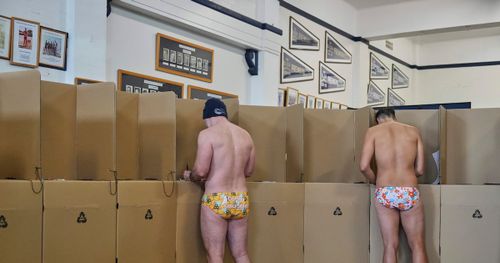
Prime Minister Anthony Albanese has become the first Australian prime minister to win a second consecutive three-year term in 21 years. Opposition leader Peter Dutton conceded defeat in Saturday's election, saying, “We didn’t do well enough during this campaign, that much is obvious tonight, and I accept full responsibility for that.”
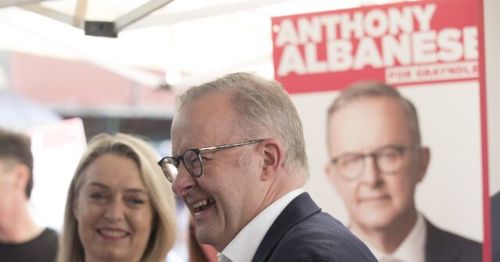
The Australian Electoral Commission’s early projections gave the ruling center-left Labor Party 70 seats and the conservative opposition coalition 24 seats in the 150-seat House of Representatives, the lower chamber where parties need a majority to form governments. Unaligned minor parties and independent candidates appeared likely to win 13 seats. Senior government minister Jim Chalmers said the early results pointed to volatility and different contests across the nation. Opposition Sen. James McGrath expected the result would to too close to call on Saturday. “I don’t think we’ll know who the next prime minister of this country is definitely tonight and there’ll be a number of seats we’ll not know the results this coming week or even next week,” McGrath said. Prime Minister Anthony Albanese and opposition leader Peter Dutton will address party gatherings in Sydney and Brisbane later Saturday as the Australian Electoral Commission tallies votes. Leaders usually concede defeat and claim victory on the day of the election. Energy policy and inflation have been major issues in the campaign, with both sides agreeing the country faces a cost of living crisis. Dutton’s conservative Liberal Party blames government waste for fueling inflation and increasing interest rates, and has pledged to ax more than one in five public service jobs to reduce government spending. While both say the country should reach net-zero greenhouse gas emissions by 2050, Dutton argues that relying on more nuclear power instead of renewable energy sources such as solar and wind turbines would deliver less expensive electricity. The ruling center-left Labor Party has branded the opposition leader “DOGE-y Dutton” and accused his party of mimicking U.S. President Donald Trump and his Department of Government Efficiency. Labor argues Dutton’s administration would slash services to pay for its nuclear ambitions.

